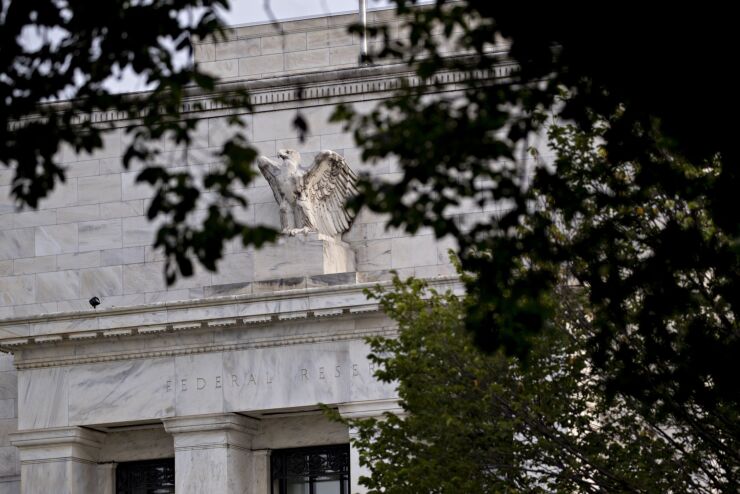The Federal Reserve said further interest-rate hikes would be required to restore price stability.
"The committee is strongly committed to returning inflation to its 2% objective," the Fed said in its semi-annual report to Congress released Friday. Officials expect "ongoing increases in the target range will be appropriate in order to attain a stance of monetary policy that is sufficiently restrictive."

The Fed report, which provides lawmakers with an update on economic and financial developments and monetary policy, was published on the central bank's website ahead of Chair Jerome Powell's testimony before the Senate Banking panel on Tuesday and the House Financial Services Committee a day later.
U.S. central bankers are waging their most aggressive action against high inflation in a generation. Officials lifted their benchmark lending rate by a quarter of a percentage point at the start of February, bringing the target to a range of 4.5% to 4.75%.
That was a step down from the half percentage-point increase at their December meeting, which followed four consecutive jumbo-sized 75 basis-point hikes.
The report included several studies highlighting special topics including a dive into why the labor-force recovery has been so slow.
"More than half of that labor-force shortfall reflects a lower labor-force participation rate because of a wave of retirements beyond what would have been expected given demographic trends," the report noted. "The remaining shortfall is attributable to slower population growth, which in turn reflects both the higher mortality primarily due to COVID and lower rates of immigration in the first two years of the pandemic."
The report also listed a variety of monetary policy guidelines, such as one developed by Stanford University's John Taylor, as showing that rate increases have lagged popular benchmarks for policy. Some Republicans in Congress have cited the rules in questioning the chair.
Financial stability concerns were seen as moderate, according to the report, though it did raise some level of worry about valuations of stocks and real estate.
"Against the backdrop of a weaker economic outlook, higher interest rates, and elevated uncertainty over the second half of the year, financial vulnerabilities remain moderate overall," the report said. "Valuation pressures in equity markets increased modestly, and real estate prices continued to be high relative to fundamentals, such as rents, despite a marked slowing in price increases."





